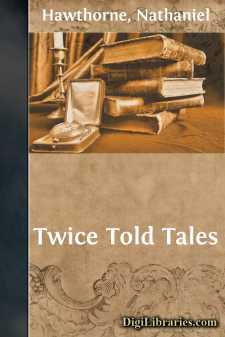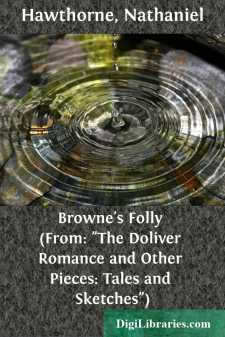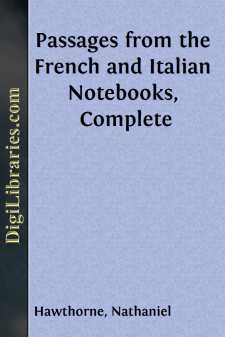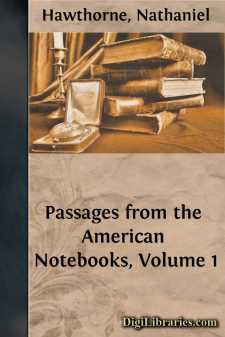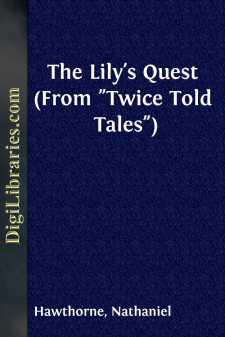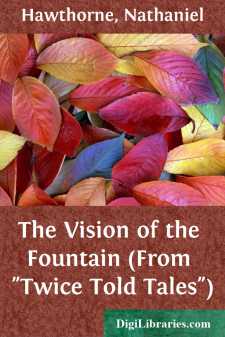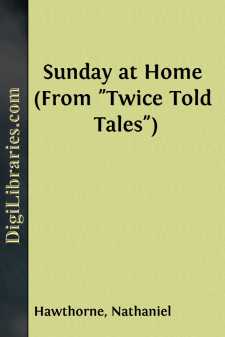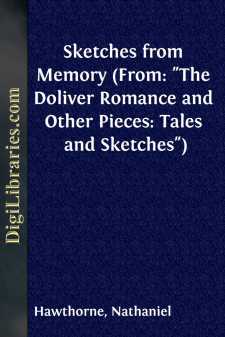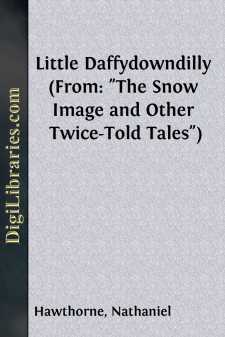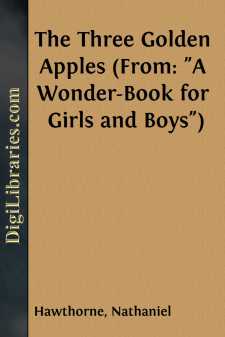Categories
- Antiques & Collectibles 13
- Architecture 36
- Art 48
- Bibles 22
- Biography & Autobiography 813
- Body, Mind & Spirit 142
- Business & Economics 28
- Children's Books 17
- Children's Fiction 14
- Computers 4
- Cooking 94
- Crafts & Hobbies 4
- Drama 346
- Education 46
- Family & Relationships 57
- Fiction 11829
- Games 19
- Gardening 17
- Health & Fitness 34
- History 1377
- House & Home 1
- Humor 147
- Juvenile Fiction 1873
- Juvenile Nonfiction 202
- Language Arts & Disciplines 88
- Law 16
- Literary Collections 686
- Literary Criticism 179
- Mathematics 13
- Medical 41
- Music 40
- Nature 179
- Non-Classifiable 1768
- Performing Arts 7
- Periodicals 1453
- Philosophy 64
- Photography 2
- Poetry 896
- Political Science 203
- Psychology 42
- Reference 154
- Religion 513
- Science 126
- Self-Help 84
- Social Science 81
- Sports & Recreation 34
- Study Aids 3
- Technology & Engineering 59
- Transportation 23
- Travel 463
- True Crime 29
Sort by:
THE GRAY CHAMPION. There was once a time when New England groaned under the actual pressure of heavier wrongs than those threatened ones which brought on the Revolution. James II., the bigoted successor of Charles the Voluptuous, had annulled the charters of all the colonies and sent a harsh and unprincipled soldier to take away our liberties and endanger our religion. The administration of Sir Edmund...
more...
MY DEAR COUSIN:âI should be very glad to write a story, as you request, for the benefit of the Essex Institute, or for any other purpose that might be deemed desirable by my native townspeople. But it is now many years since the epoch of the "Twice-Told Tales," and the "Mosses from an Old Manse"; and my mind seems to have lost the plan and measure of those little narratives, in...
more...
FRANCE. Hotel de Louvre, January 6th, 1858.—On Tuesday morning, our dozen trunks and half-dozen carpet-bags being already packed and labelled, we began to prepare for our journey two or three hours before light. Two cabs were at the door by half past six, and at seven we set out for the London Bridge station, while it was still dark and bitterly cold. There were already many people in the streets,...
more...
Salem, June 15, 1835.—A walk down to the Juniper. The shore of the coves strewn with bunches of sea-weed, driven in by recent winds. Eel-grass, rolled and bundled up, and entangled with it,—large marine vegetables, of an olive-color, with round, slender, snake-like stalks, four or five feet long, and nearly two feet broad: these are the herbage of the deep sea. Shoals of fishes, at a little...
more...
Two lovers, once upon a time, had planned a little summer-house, in the form of an antique temple, which it was their purpose to consecrate to all manner of refined and innocent enjoyments. There they would hold pleasant intercourse with one another, and the circle of their familiar friends; there they would give festivals of delicious fruit; there they would hear lightsome music, intermingled with the...
more...
At fifteen, I became a resident in a country village, more than a hundred miles from home. The morning after my arrivalâa September morning, but warm and bright as any in JulyâI rambled into a wood of oaks, with a few walnut-trees intermixed, forming the closest shade above my head. The ground was rocky, uneven, overgrown with bushes and clumps of young saplings, and traversed only by...
more...
Every Sabbath morning in the summer time I thrust back the curtain, to watch the sunrise stealing down a steeple, which stands opposite my chamber-window. First, the weathercock begins to flash; then, a fainter lustre gives the spire an airy aspect; next it encroaches on the tower, and causes the index of the dial to glisten like gold, as it points to the gilded figure of the hour. Now, the loftiest...
more...
I. THE INLAND PORT. It was a bright forenoon, when I set foot on the beach at Burlington, and took leave of the two boatmen in whose little skiff I had voyaged since daylight from Peru. Not that we had come that morning from South America, but only from the New York shore of Lake Champlain. The highlands of the coast behind us stretched north and south, in a double range of bold, blue peaks, gazing...
more...
Daffydowndilly was so called because in his nature he resembled a flower, and loved to do only what was beautiful and agreeable, and took no delight in labor of any kind. But, while Daffydowndilly was yet a little boy, his mother sent him away from his pleasant home, and put him under the care of a very strict schoolmaster, who went by the name of Mr. Toil. Those who knew him best affirmed that this...
more...
INTRODUCTORY TO "THE THREE GOLDEN APPLES" The snow-storm lasted another day; but what became of it afterwards, I cannot possibly imagine. At any rate, it entirely cleared away, during the night; and when the sun arose, the next morning, it shone brightly down on as bleak a tract of hill-country, here in Berkshire, as could be seen anywhere in the world. The frost-work had so covered the...
more...


